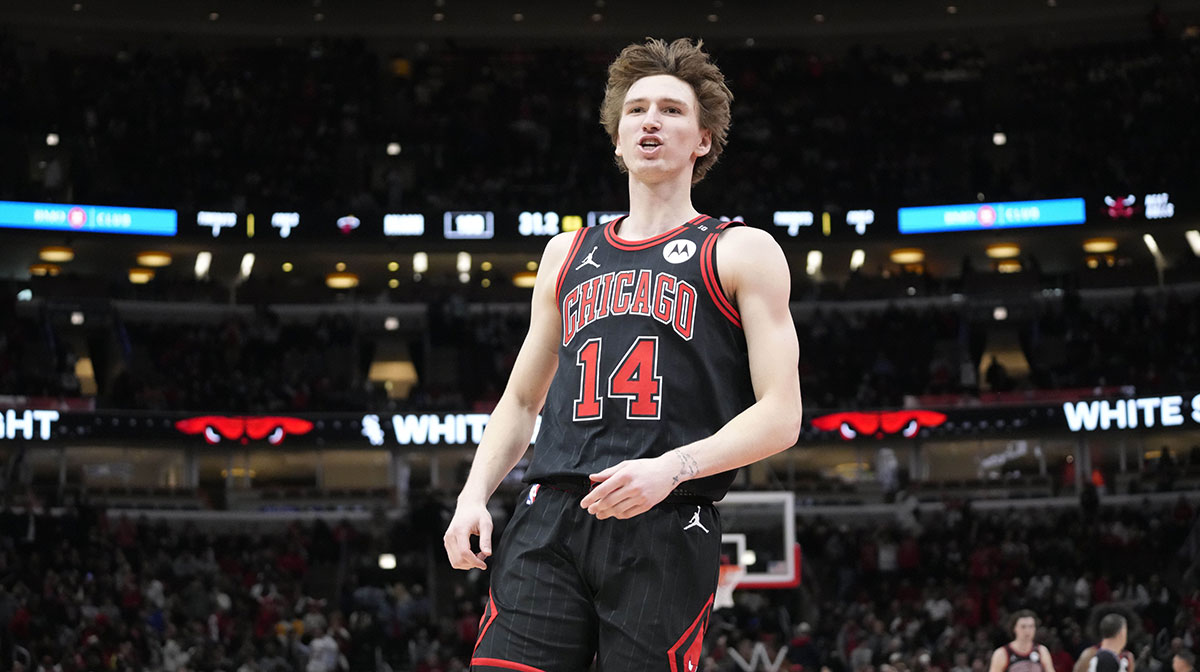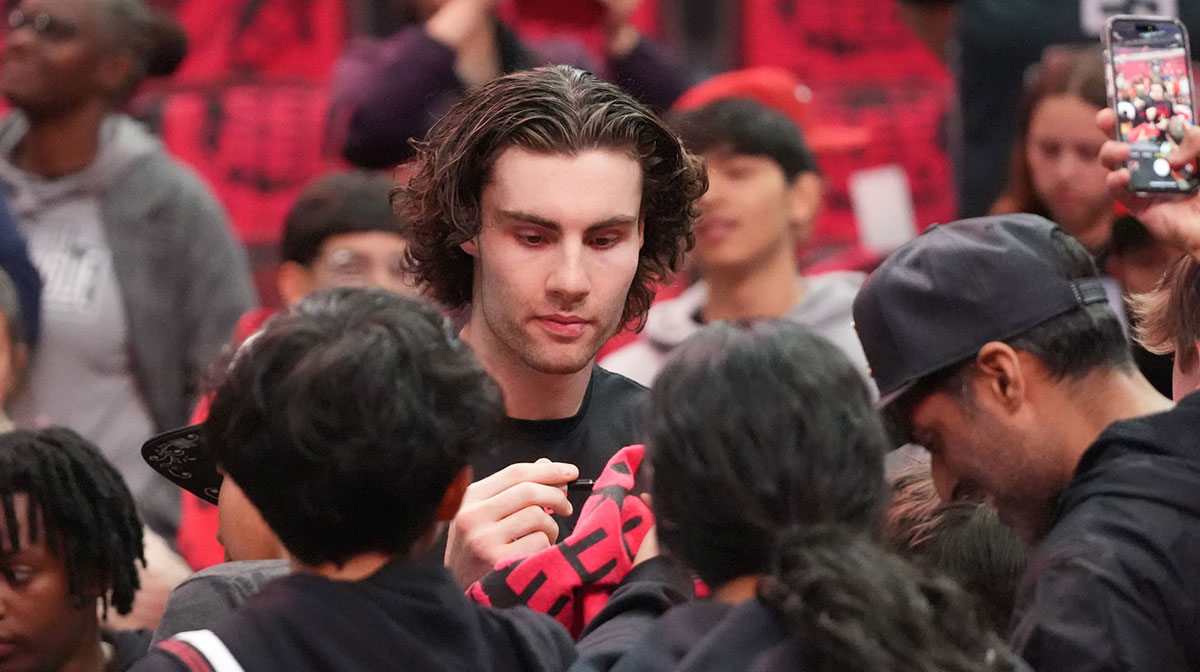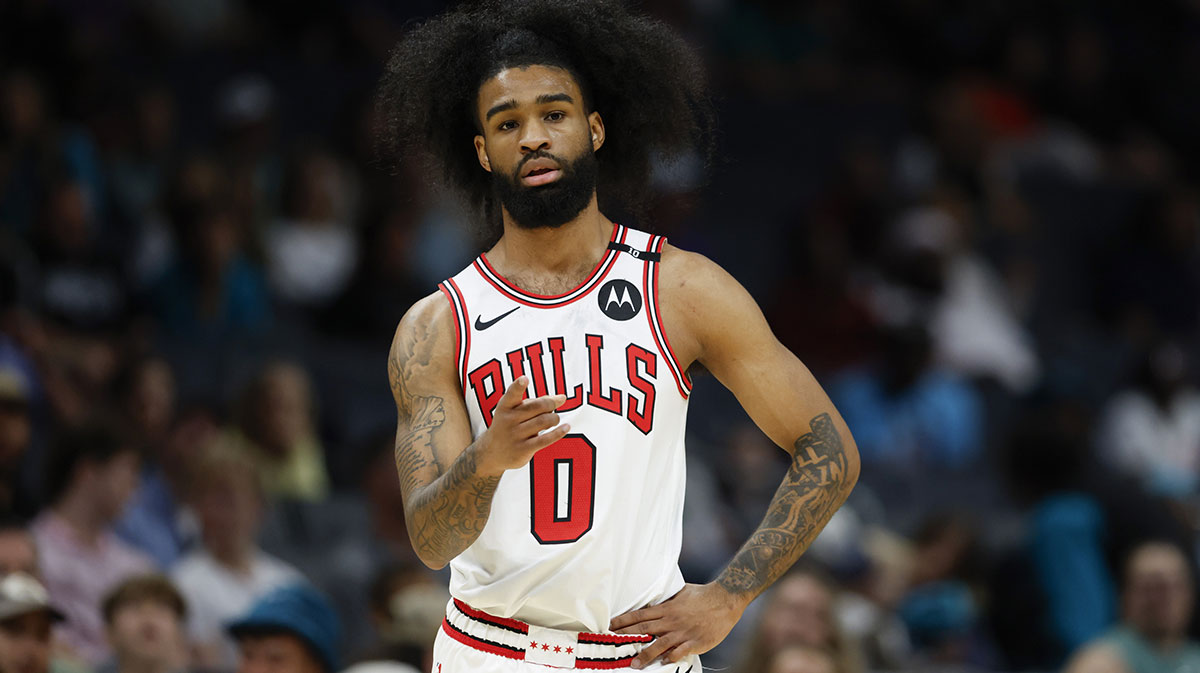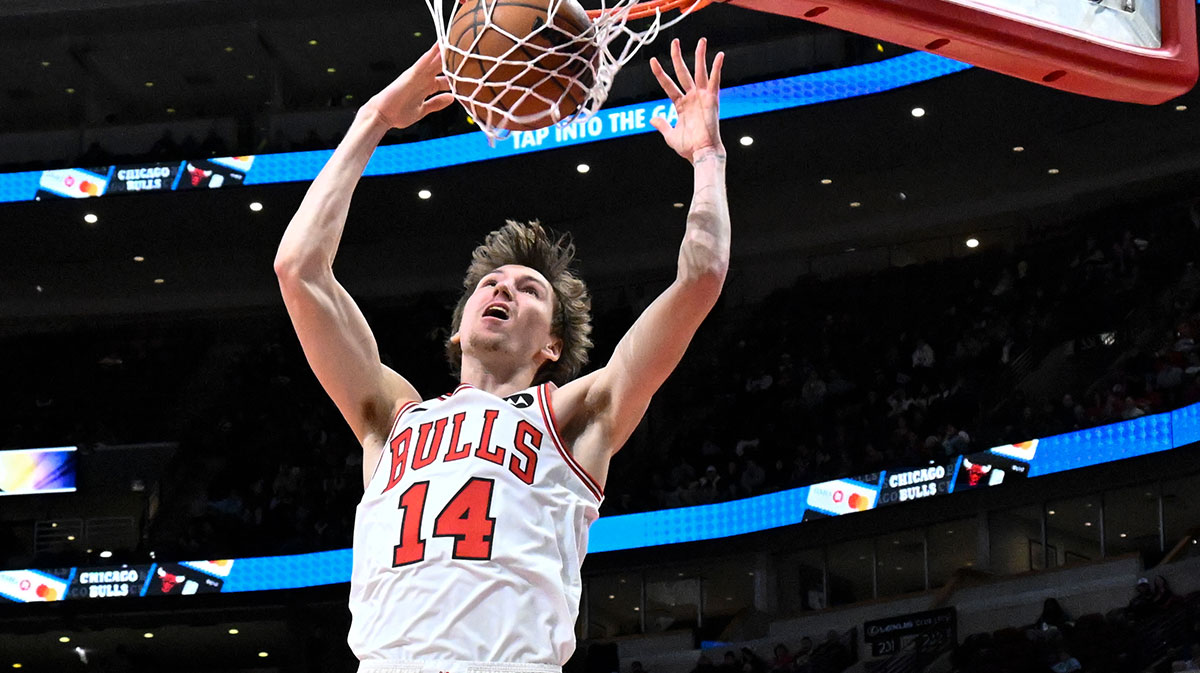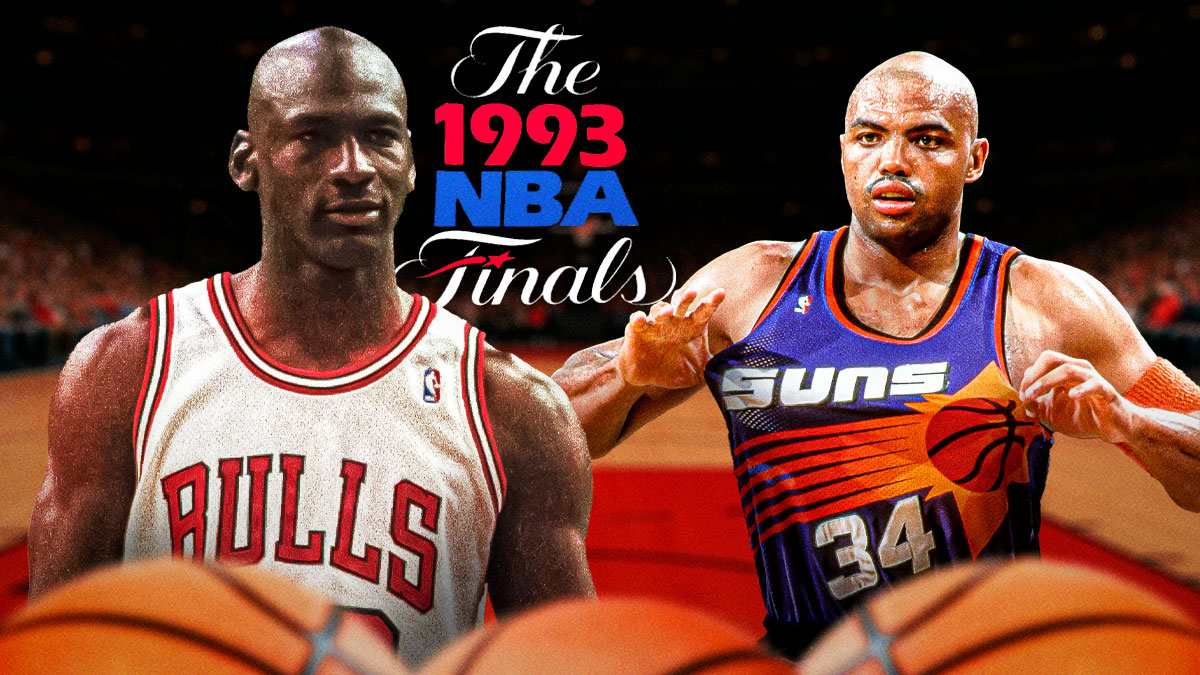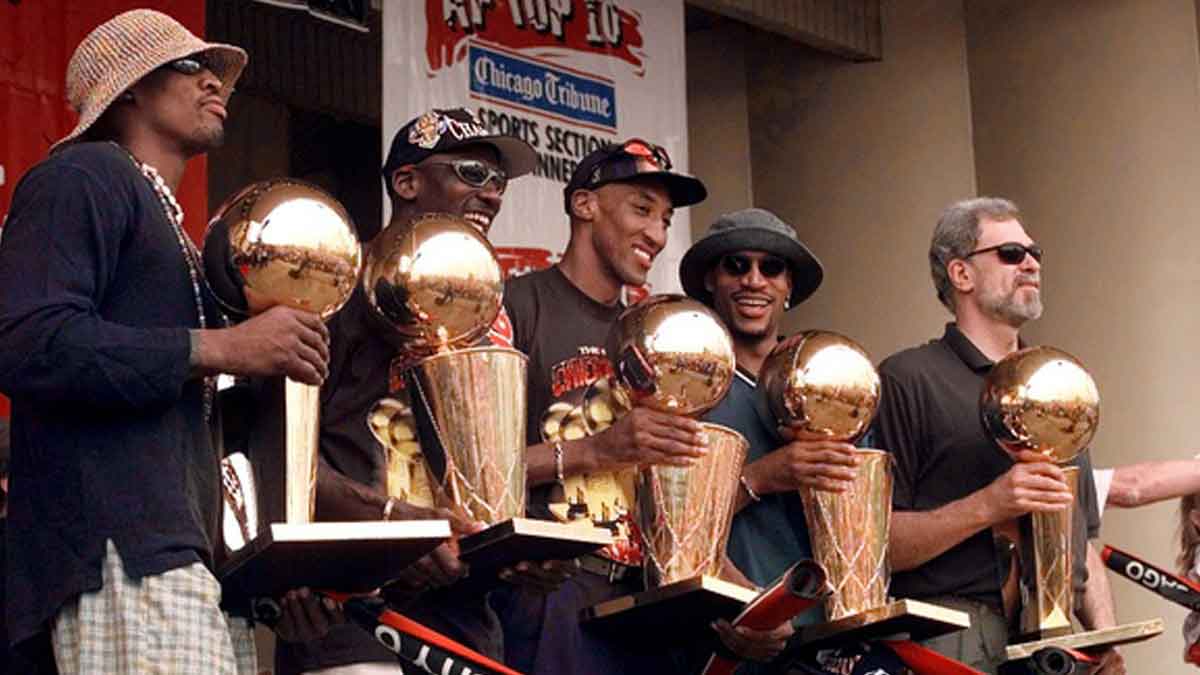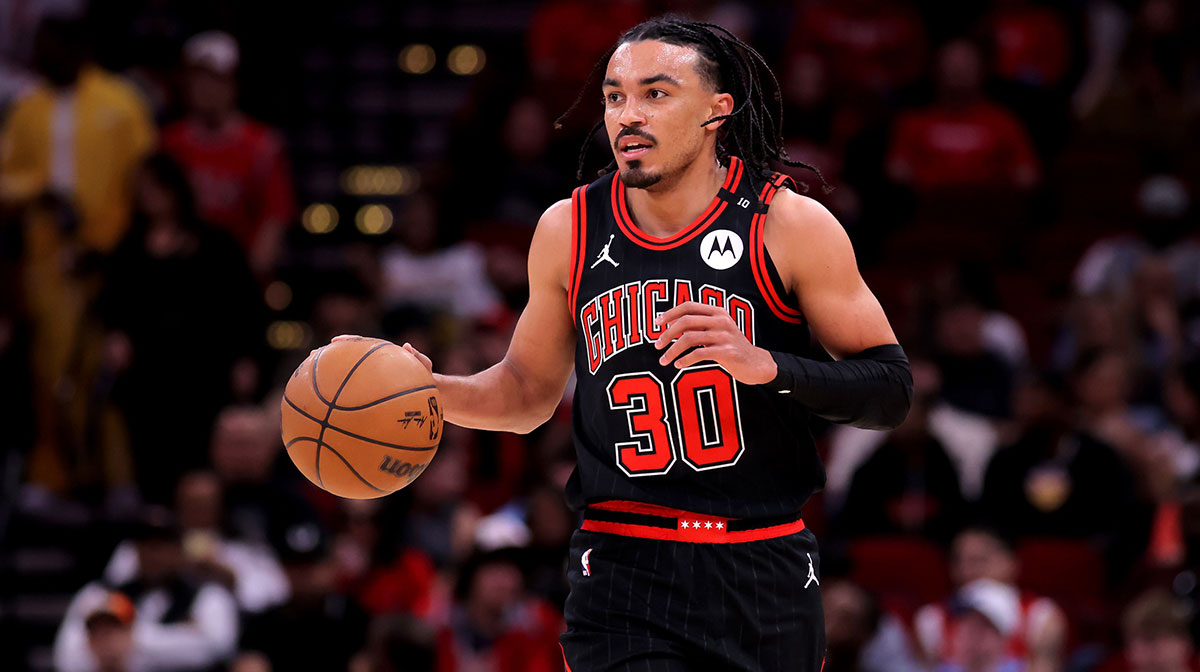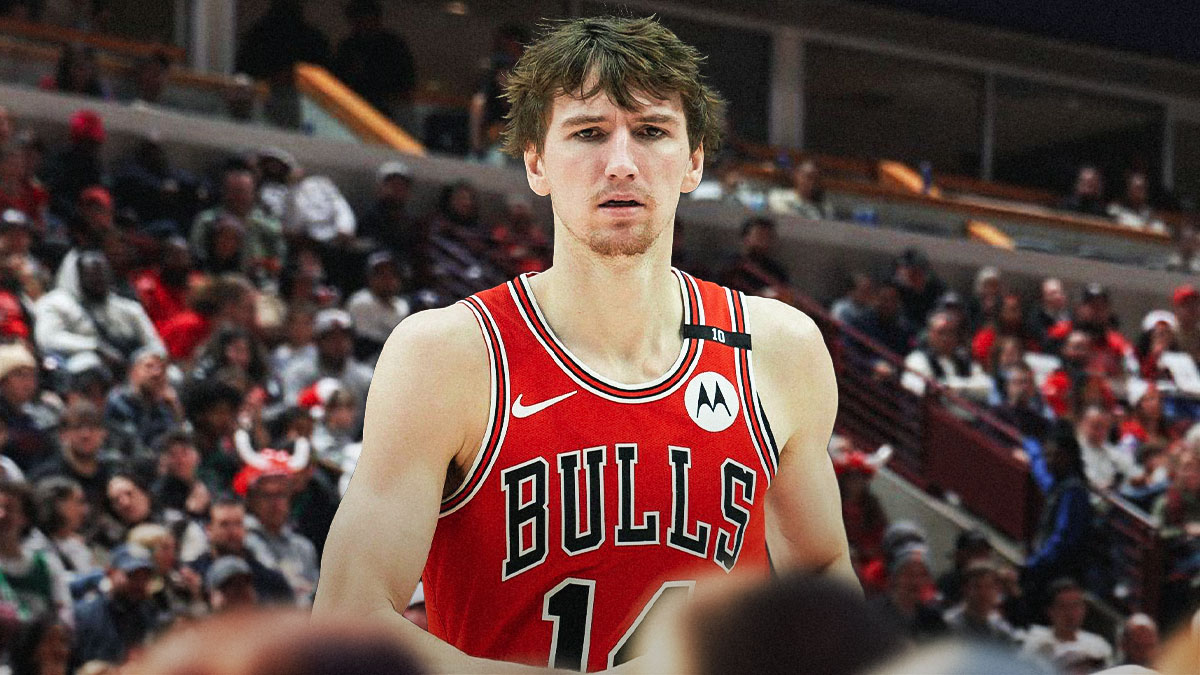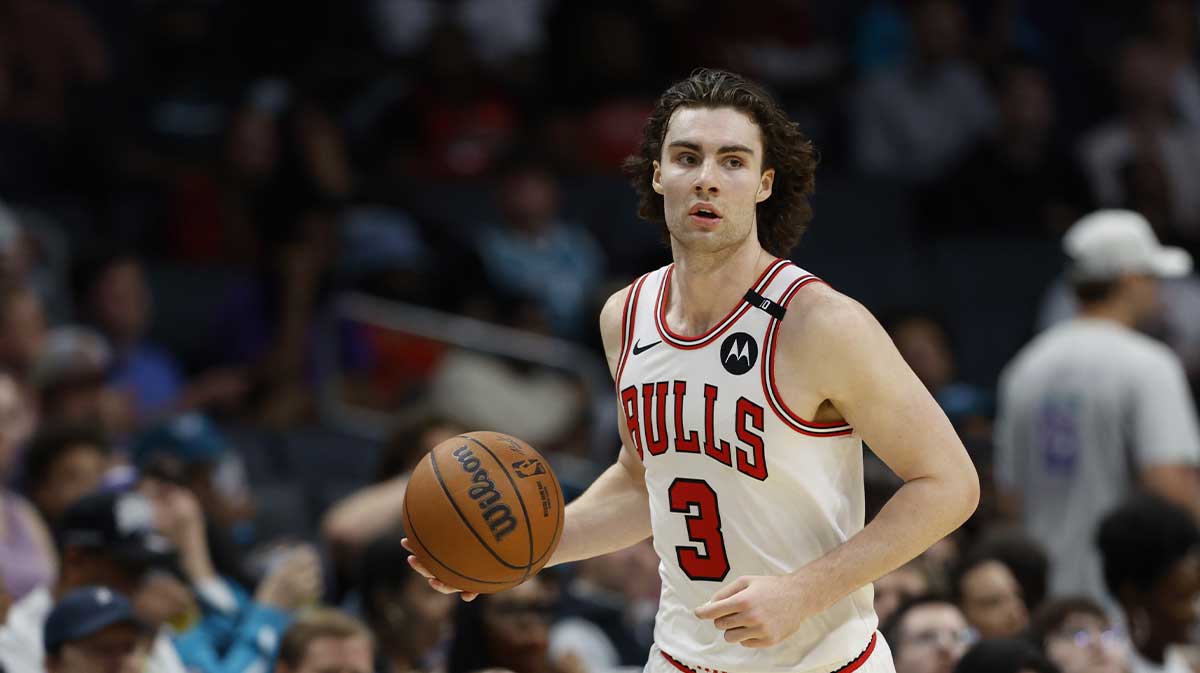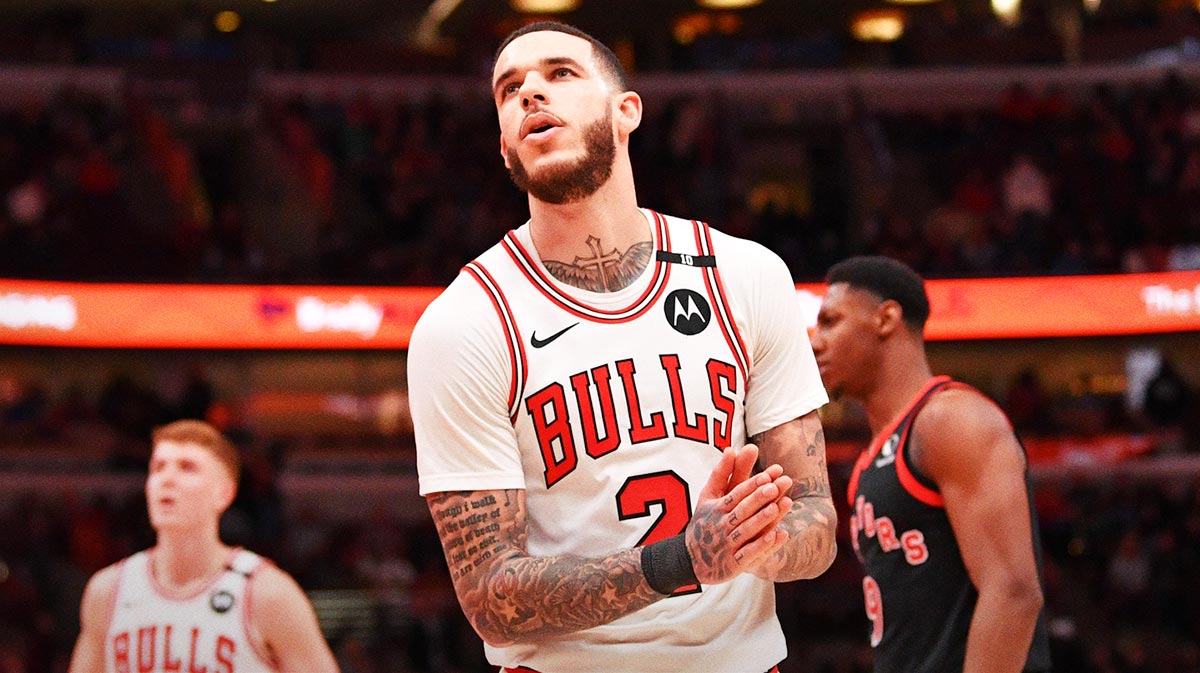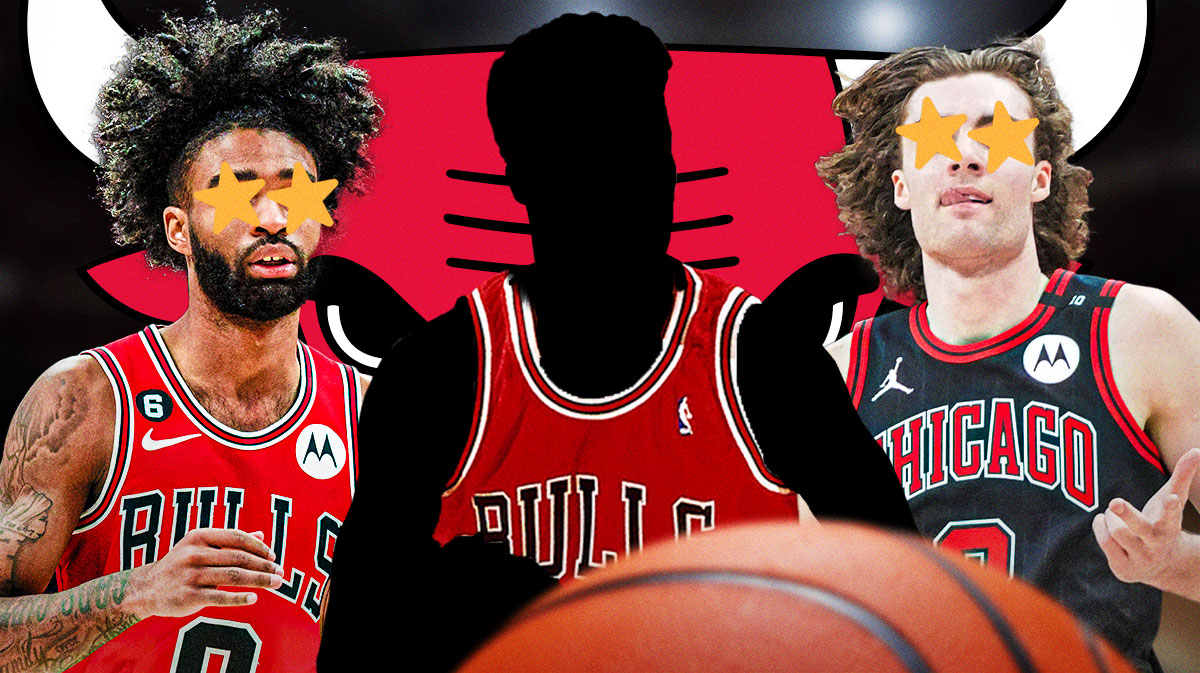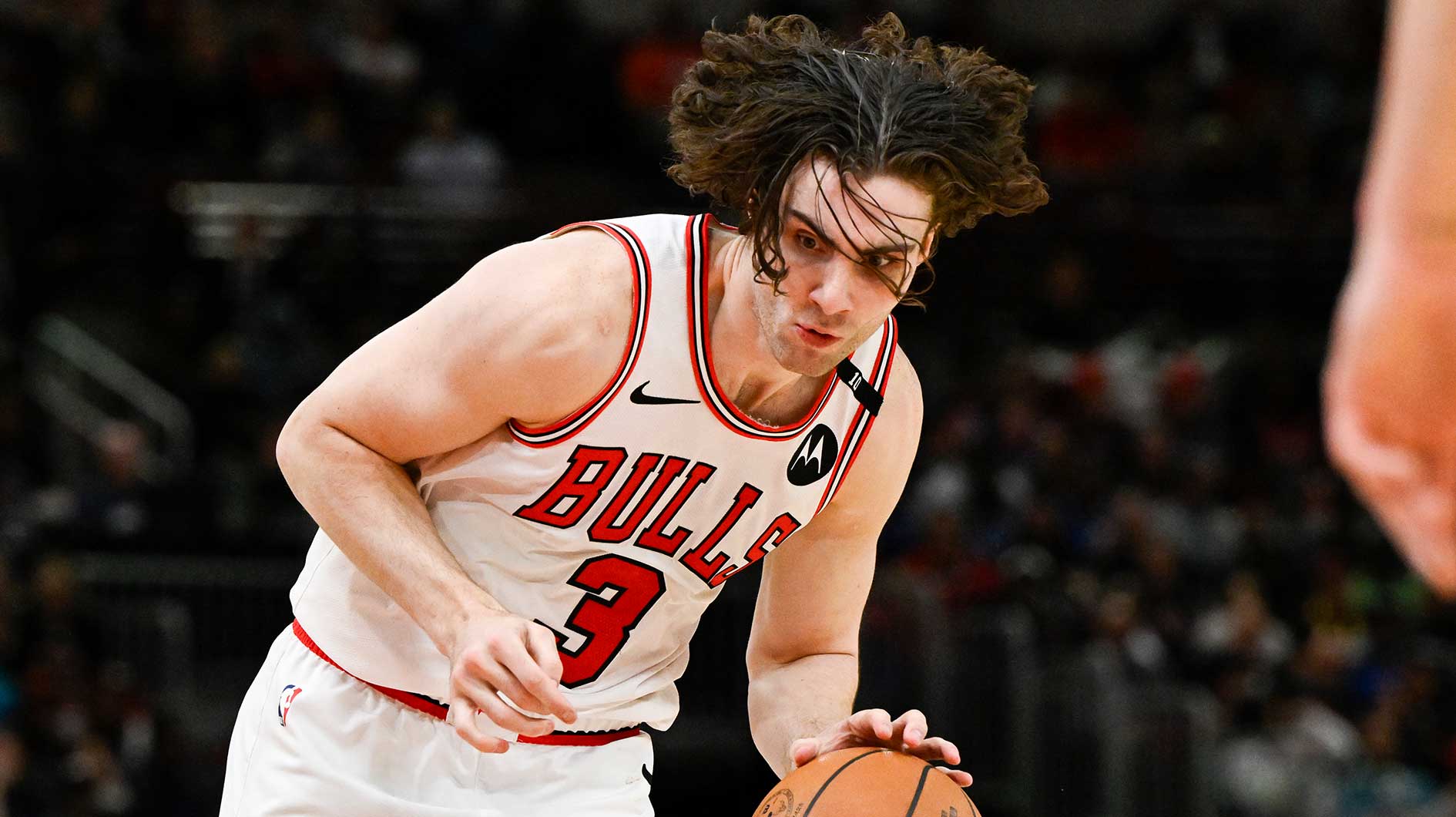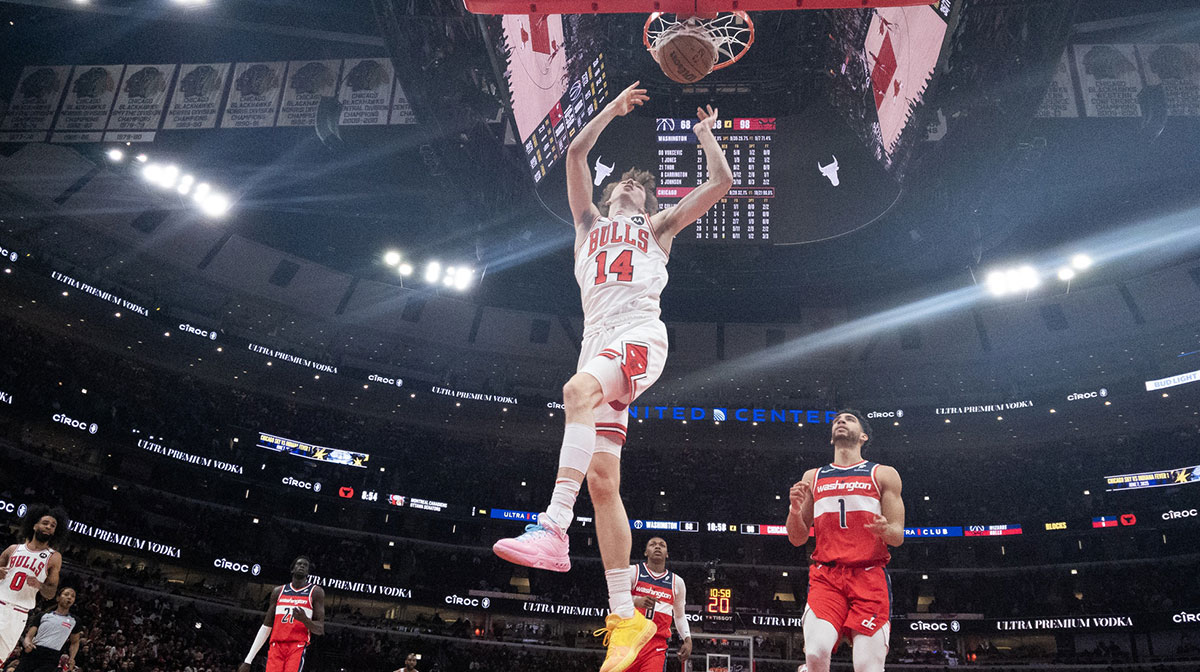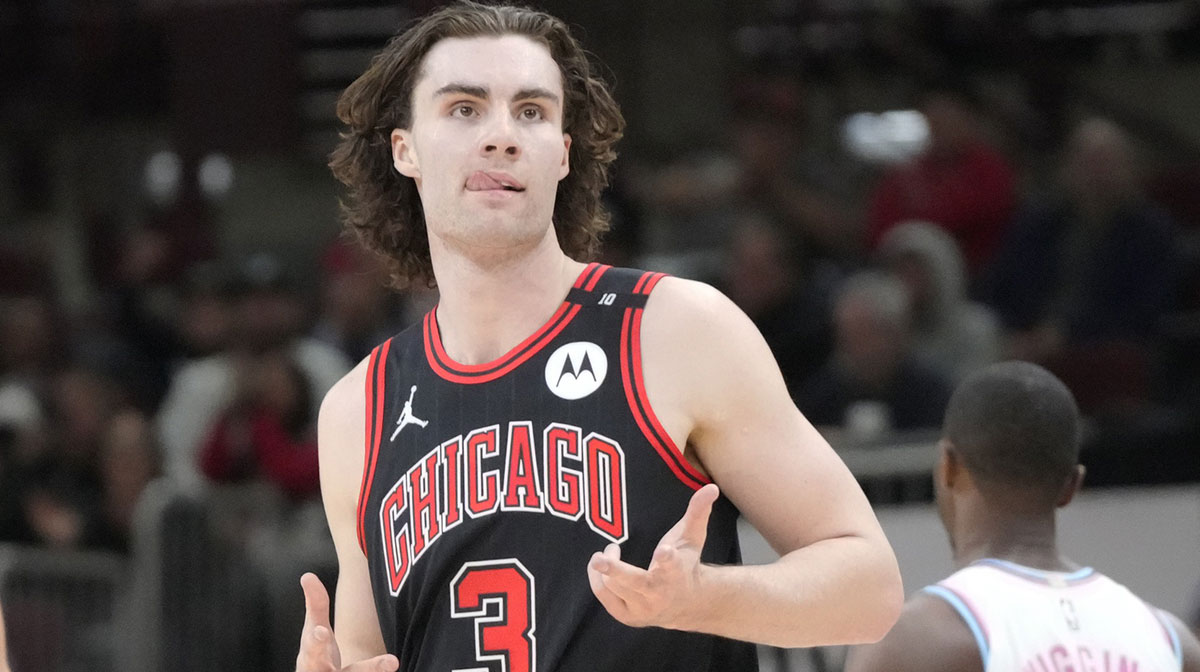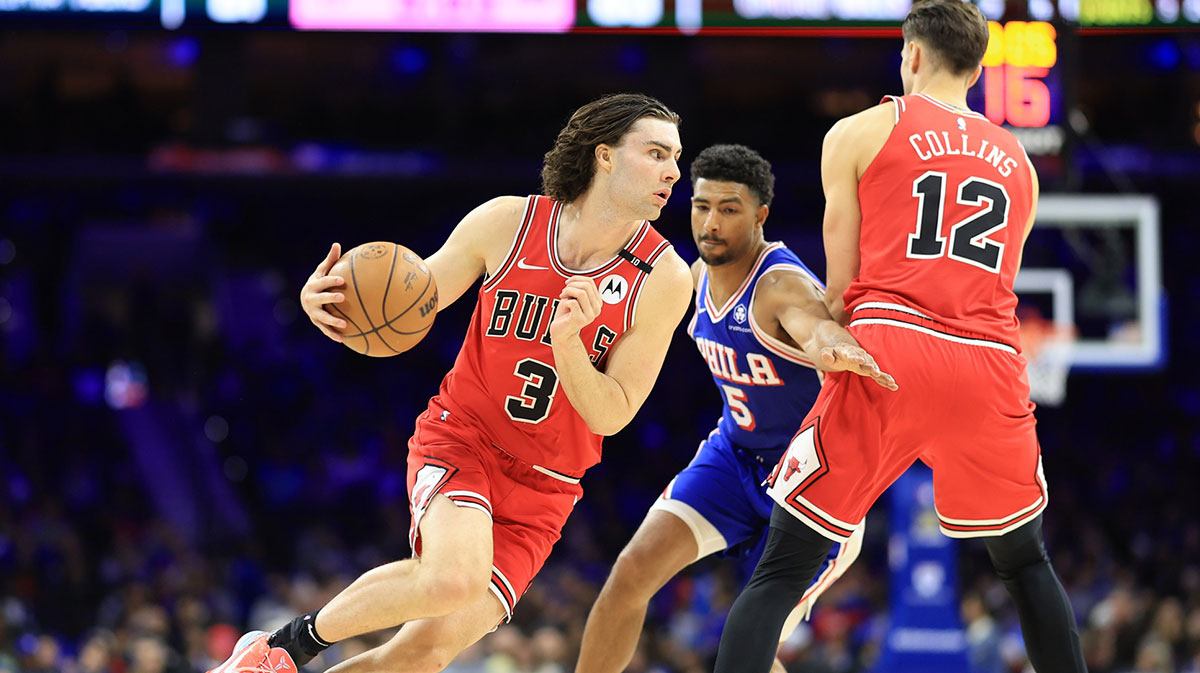The Last Dance documentary series captivated a basketball loving world right when it needed it most, forcing tremendous Michael Jordan and Chicago Bulls content down our throat when everyone needed a distraction.
The doc–which was originally scheduled to air in June in conjunction with the NBA Finals–provided fans with some much-needed program amid the coronavirus pandemic, which has robbed the sporting world of live events.
The series has also shown a more personal and unfiltered side of Bulls legend Michael Jordan, a side many have yet to see or understand.
While the primary focus in The Last Dance is Michael Jordan and the end of the Bulls dynasty in 1998, the series uses different timelines to reflect on the how Jordan came to transcend the game and become the face behind the dynasty.
In actuality, there has not been a ton of focus on the 1997-98 season. Other than the tensions between the players and front office–as well as Scottie Pippen's injury and Dennis Rodman's need for a Vegas vacation–much of the season is sort of breezed over before arriving at the 1998 playoffs.
So, what happened to lead into The Last Dance?
Here is everything you need to know about Michael Jordan's final season with the Bulls, which obviously inspired The Last Dance documentary series.
The Last Dance Was Running On Empty

There was no questioning the notion that Jordan was still the best player in the game during the 1997-98 season.
“His Airness” won his fifth and final MVP award as the standard bearer in the NBA, leading the Bulls to a 62-20 record and playing in all 82 games for the seventh time in his career.
At the same time, it is pretty clear Jordan was on the way down in terms of his career arc. He averaged his fewest points per 36 minutes since his rookie year (not including the small sample of the comeback season in 1994-95) and had his worst full season in terms of value over replacement player (VORP), player efficiency rating (PER) and true shooting percentage. Jordan also shot under 24 percent from beyond the arc.
Granted, MJ was still towards the top of the league leaders in a number of categories, and he led the league in scoring yet again. Still, it was clear he was just not quite as effective. In short, he was starting to get old.
Mike also struggled without Pippen in the lineup. His true shooting percentage fell below 49 percent in November, as the Bulls went 9-6 for the month. Jordan also shot below 70 percent from the free-throw line in November.
As the documentary alluded to, the Bulls got the ball rolling in December, with Jordan staying aggressive and making his free throws. He was also generally more efficient.
The Bulls would gather steam over the course of the year, but everything was much harder for Jordan than it had been in the past.
Scottie galvanizes the team

Pippen's impact–especially on the 97-98 team–cannot be understated.
The Bulls were 24-11 when Pippen returned to the lineup against the Golden State Warriors on Jan. 10. They promptly went 38-9 over the final 47 games.
Scottie was a less efficient scorer, but he was still the best perimeter defender (and maybe defender, period) in basketball. Pippen averaged 1.8 steals and 1.0 blocks in 44 games, and he posted the third-best defensive rating of his career.
The Bulls were an effective offensive team. They finished ninth in scoring and offensive rating. But they were winners because of their ability to defend.
Chicago ranked third in opponents scoring average and defensive rating. Pippen's return gave them their best defender while also providing a second scoring option alongside Jordan, providing the team with the momentum they needed heading into the playoffs.
Carrying the load in the playoffs
Pippen did indeed provide an incredible spark, but it was Jordan who would cement his legacy in the playoffs.
In fact, Michael Jordan was arguably better during this playoff run than he had been in the previous two championship seasons. He was a more efficient scorer, and also attacked the rim with sheer ferocity, despite a decline in athleticism.
Pippen was a pest defensively, and his ability to guard former Indiana Pacers point guard Mark Jackson was the key to the Eastern Conference Finals.
But when the Bulls were struggling to find offense, Jordan would manufacture something. Whether getting to the line or driving to create for his teammates, Jordan drew extra defenders and–at this stage of his career–simply made the best basketball play.
Jordan also did all the little things. His unmatched drive and determination were on full display when the Bulls needed them the most.
Though Jordan was not the most efficient scorer in Game 7 of the ECF against Indiana, he fought hard for five offensive rebounds and also dished out eight assists.
The Bulls looked to be in trouble in Game 6 of the NBA Finals, when Pippen pulled his back out. Instead, Jordan put the team on his shoulders. Mike scored 45 points on 15-of-35 shooting, but he also took 15 free-throw attempts and made the two biggest plays at the end of the game.
Chicago trailed by three with under a minute left, but Jordan got to the rim for an easy two. He anticipated a post entry for Utah Jazz forward Karl Malone on the other end, stripping Malone and providing the career-capper every basketball fan has seen endless times.
Drive. Pullback. Swish.
Jordan was not totally alone in the '98 playoffs. Pippen and Toni Kukoc added some scoring, and other role players made key baskets. But the onus was unquestionably on Air Jordan.
Not The Last Dance For Real?
Jordan told Ahmad Rashad during a 2013 interview that despite the notion of the 1997-98 season being The Last Dance, winning would solve everything.
Michael told Rashad “No, this is not it. We're going to win everything and then everybody's going to be ok.”
Deep down, Jordan felt he could still play hardball with the Bulls. He felt–for all of Jerry Krause's bold claims–there was no way a championship team would be broken up.
Of course, they were broken up.
Krause refused to extend Phil Jackson's contract, which was the beginning of the end. The Bulls executed a sign-and-trade to send Pippen to the Houston Rockets, waiving Rodman and a hoard of key role players in the process.
Jordan officially walked away in January of 1999 in a lockout-shortened season. Even if he had returned, Jordan suffered a torn tendon cutting a cigar that might have kept him out for the year.
Still, for all the drama between the front office, Jackson and the players as well as the sheer exhaustion of winning six titles in eight years, it is notable that Jordan–deep down–still wanted the dynasty to continue. Nevertheless, all the drama created the Bulls' The Last Dance.

